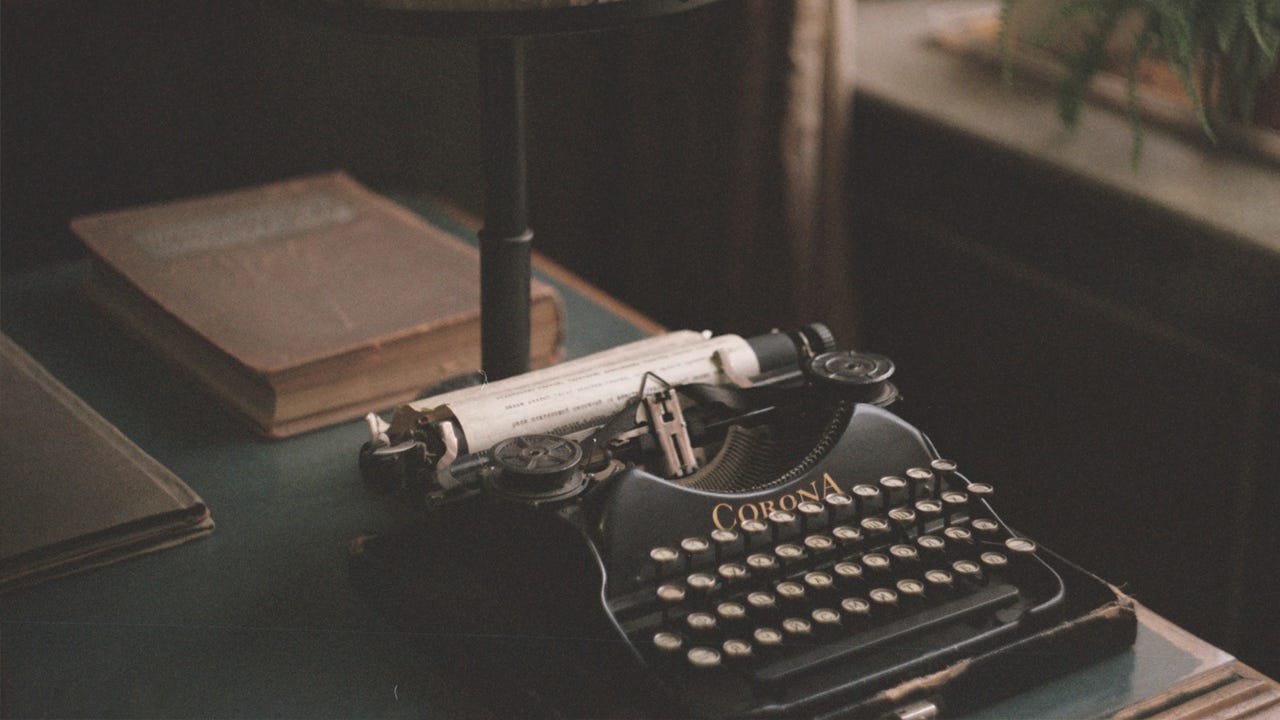Interviewing Today's Black Queer Authors, Writers, and Scholars

I’m reading award-winning scholar and artist Mark Broomfield’s book, Black Queer Dance: Gay Men and the Politics of Passing for Almost Straight. The book is an “exploration of Black masculinity and sexual passing in American contemporary dance. (Routledge, 2025).” Broomfield’s words encourage me to look at how I self-police when I’m in certain spaces. Each page turn educates and enlightens me.
I've been a voracious reader since early childhood. My love of writing began at age eight, when I penned a third-grade report detailing the aromas of the Thanksgiving turkey, dressing, and sweet potato pie. One gift of creating Our Black Gay Diaspora Podcast is interviewing some of today’s most insightful Black queer scholars, writers, and authors.
“…much of their work centers the lives of the Afro/Indigenous and queer/trans diasporas.”
Authors I’ve interviewed include Australia’s Rugare Gomo (Ep. 84), Britain’s Vernal Scott (Ep. 107), Dean Atta (Ep. 109) and Lennox Benson (Ep. 12), Canada’s Rinaldo Walcott (Ep. 105) and Russell Brooks (Ep. 61), and American authors Brad Walrond (Ep. 99), JAKE Small (Ep. 94), and George M. Johnson (Ep. 93). I had a great conversation with Swedish publisher, Alle Eriksson for Episode 97.
“The art of a good writer,” Eriksson said. “Is when I’ve read a really good book, especially fiction. I’m right there, and it’s an amazing place to be in.”
Writing stories for film and television is something Black queer trailblazers like Americans Cheryl Dunye, Patrik-Ian Polk, Deondray Gossfield, Quincy LeNear Gossfield and Lena Waithe, and Britain’s Isaac Julien, Topher Campbell, and Cherish Oteka have been doing since the late 1980s. When I interviewed Haitian-American Actor, Writer, Director, and Producer, Paul Jerome (Ep. 89), he shared his journey of branching out from acting to writing and directing—creating shows like The Big Dick Mike Show and B-Boy Bear.
“I wasn’t getting any calls as far as auditions. At that point, a friend, who’s also Haitian, talked about the fact that this industry seems like it’s changing. We always wanted to see something on screen that represented our culture,” Jerome said.
Playwrights like Jamaica’s Krylios (Ep. 72), Sweden’s Palmira Koukkari Mbenga (Ep. 69), and New York-native Juliany Taveras (Ep. 66) adapt others’ stories and write about their own. Taveras’s family comes from the Dominican Republic and much of their work centers the lives of the Afro/Indigenous and queer/trans diasporas.
“The Dominican Republic has a really rich and intense history. I’m always looking to learn and connect with its West African, Caribbean, and indigenous roots,” Taveras said.
Taveras’s plays include YAELIS and The Anatomy of Light. In 2023, they adapted Christine Baldacchino and Isabelle Malenfant’s children’s book, Morris Micklewhite and the Tangerine Dress, for the Children’s Theatre Company in Minneapolis, Minnesota.
‘Speaking with such a wide range of literary talents has expanded my view of myself and the world around me.”
I was introduced to Lyndon K. Gill (Ep. 98), an Associate Professor of African and African Diaspora Studies at the University of Texas at Austin, by British Photographer, Archivist, Curator, and Sex Activist, Ajamu X (Ep. 83). Gill’s 2018 book, Erotic Islands: Art and Activism in the Queer Caribbean, focuses on the Republic of Trinidad and Tobago, detailing how queer histories in the Caribbean have influenced Carnival and calypso.
“I was teaching Black queer artistry within the diaspora as a theoretical concept for a graduate course—using Audre Lorde and this notion of the erotic. Not just sensuality and sexuality, but also connected to a political consciousness and spiritual awareness.”
Gill’s contemporary is Our Black Gay Diaspora Podcast Episode 105’s Rinaldo Walcott, a Canadian academic, writer, and professor and chair of Africana and American Studies at the University of Buffalo in Buffalo, New York. Published in 1997, Black Like Who? came out of Walcott’s research related to his PhD studies that focused on “questions of popular culture and exploring how rap music in the early 1990s was emerging as an important social and political force across North America.”
Speaking with such a wide range of literary talents has expanded my view of myself and the world around me. The research that goes into producing each biweekly Our Black Gay Diaspora Podcast episode makes the platform my digital classroom. Conversing with individuals committed to informing their communities about the lives of Black queer citizens.
Episodes are available on Apple Podcasts, Spotify, and YouTube. Visit ourblackgaydiasporapodcast.com to learn more.


